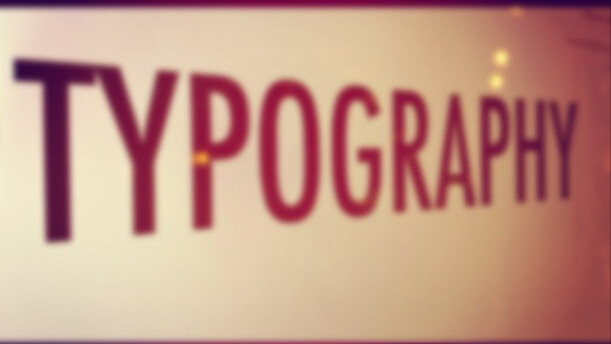
Today, type is getting more attention than ever before on the Web. What was once a barren wasteland of typographic creativity, dominated by a few overused gems and the likes of Comic Sans, is quickly growing into something that could even make a print designer jealous.
We’re on the cusp of the golden age of Web typography, and now’s better time than ever to start embracing the originality that surrounds our written language.
Tons of tools exist to bring typography to the Web, and CSS’s own @font-face class is all many people need, but in order to avoid licensing issues while having tons of choices at your fingertips, a subscription service may be best for you. Typekit, of which I’m a subscriber, has turned out to be much more than a pile of available fonts, and after some digging I came across a curated list of typefaces that are worth a look for newbies and pros alike:
Alternatives to Helvetica

Alternatives to Georgia

Light Faces

Typekit’s comment on Lists:
Lists have been created by Typekit staff and feature an editorialized means of browsing. Each list features fonts organized by theme (sci-fi or typewriter fonts), intended use (good for longform, alternatives to Helvetica), or defining characteristic (rounded fonts, fat faces). Think of them as a good place to start when you aren’t quite sure what font you’re after.
Whether or not you’re a subscriber of the font service, Typekit’s Lists are a valuable tool for growing your understanding of typography; online and offline. There are plenty of other collections to enjoy, including condensed headline fonts, fat faces and long form. Check them out via the link below and let us know your favorite resources for typography in the comments!
Visit our full Design and Dev channel for more inspiration. Also, you can exclusively view typography articles here.
Get the TNW newsletter
Get the most important tech news in your inbox each week.




